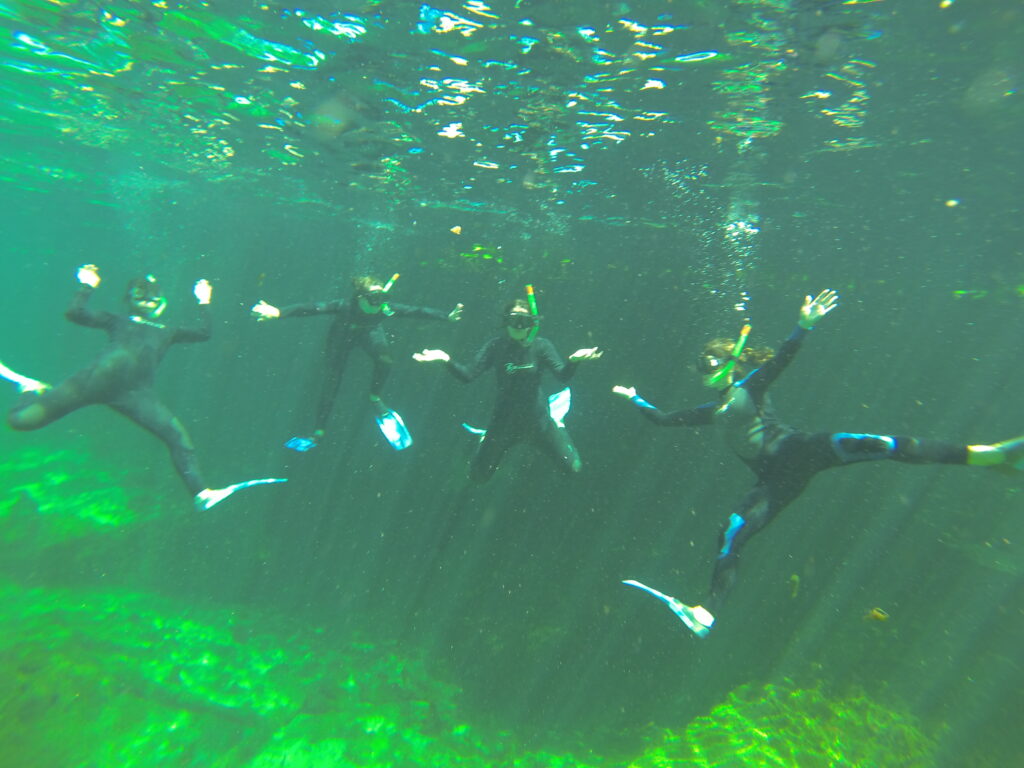Contact lenses and seawater: what do I need to know?
The sea and the swimming pool are places that we frequent very often during the summer season and certainly, we must take all the necessary precautions when we suffer from some specific pathology or when, in everyday life, we wear glasses or contact lenses for sight.
We assume that contact lenses can safely be used at sea or in the pool, but we must take a few precautions to avoid unpleasant side effects in contact with water.
Contact lenses and seawater
When you wear contact lenses it’s important that you keep your eyes closed in case of dives or immersion phases. But why? The properties of water could interfere with those of the lenses, causing:
Conjunctivitis
Infections
Irritation
Burning
Luckily when you do snorkeling or scuba diving you always wear your mask and you can easily avoid these situations.
When you practice the exercises in which you have to remove your mask, put it back again and empty it, try to keep your eyes closed and you’ll avoid any risks!
Seawater and bacteria
The water in swimming pools, rivers, lakes and seas is home to an abundance of bacteria, viruses and microorganisms that can be harmful to the eyes. Even small amounts of water – such as a simple spray – can carry a risk of infection.
Acanthamoeba, for example, is an organism found in many waters. When it comes in contact with lenses, it clings to their surface and over time can lead to serious eye inflammation.
Also, contact lenses naturally tend to absorb water, so the contact with sea or swimming pool water can cause the lenses to deform significantly. If a lens is deformed, it can be very uncomfortable to wear and not allow clear vision.
Scuba Diving with contact lenses: can they withstand the pressure?
During the dive, due to the pressure variation, small nitrogen bubbles may form in the tear fluid. Bubbles are most noticeable with rigid contact lenses as they are continually washed away by tears.
How can you solve this problem?
Just squint your eyes regularly. In this way, nitrogen will be removed quickly.
Under soft lenses, tears are generally almost absent and bubbles can hardly form. For this reason, it’s preferable to wear daily contact lenses over monthly or yearly ones.
Our advice
If for any reason you need to swim while wearing your contact lenses, choose daily lenses and always wear your waterproof mask.
Daily contact lenses give you the freedom to use your lenses for swimming without having to worry about disinfecting them later. All you have to do is throw them away after your swim.
What to do in case of contact with water?
Replacing the lenses is the first thing to do whenever possible. If not, it is still advisable to remove them, rinse them properly with a disinfectant solution and evaluate the possibility of reuse. In that case it is recommended to use eye drops.
After spending these hours outdoors in close contact with water, let your eyes rest by wearing the glasses you usually use during daily activities.



